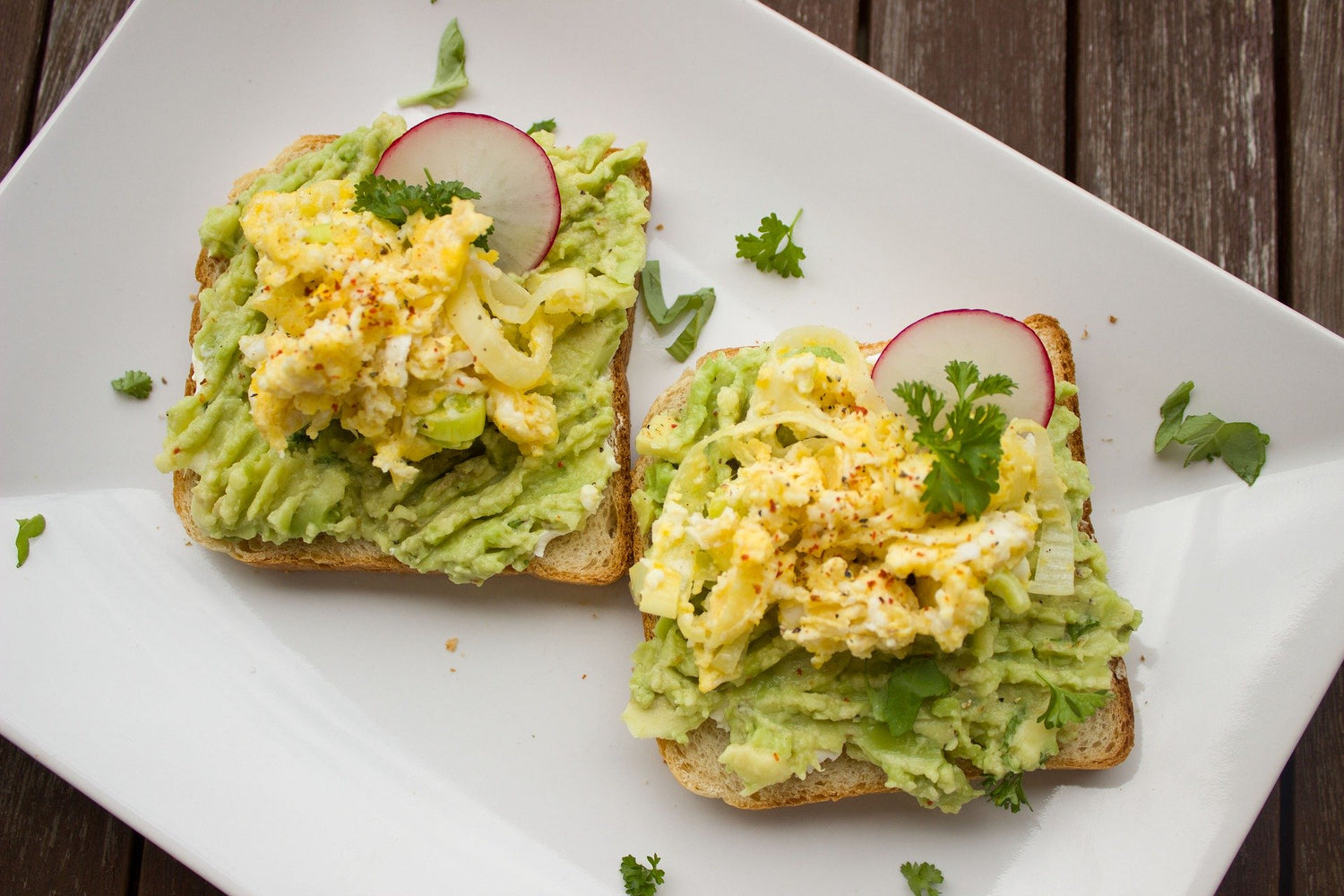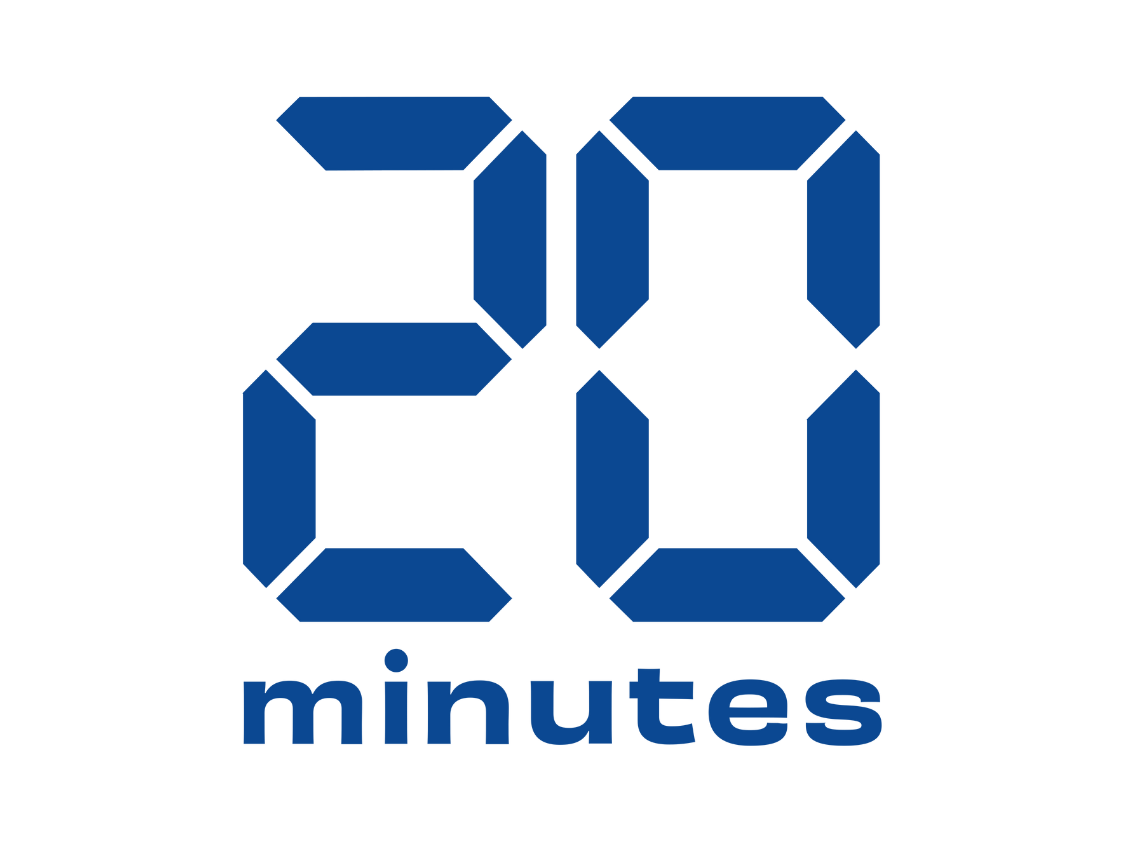The ketogenic diet (or keto diet, for short) is a low-carb, high-fat diet that offers many health benefits.
In fact, more than 20 studies show that this type of diet can help you lose weight and improve your health .
Ketogenic diets may even have benefits against diabetes, cancer, epilepsy, and Alzheimer's disease.
Here is a detailed guide for the keto diet:
What is a ketogenic diet?
The ketogenic diet is a very low-carb, high-healthy-fat diet that shares many similarities with diets Atkins and generally low in carbs .
This involves drastically reducing carbohydrate intake and replacing it with healthy fats. This reduction in carbs puts your body into a metabolic state called ketosis .
When this happens, your body becomes incredibly efficient at burning fat for energy. It also turns fat into ketones in the liver, which can provide energy to the brain .
Ketogenic diets can cause massive reductions in blood sugar and insulin levels. This, along with the increase in ketones, has many health benefits .
The different types of ketogenic diets
There are several versions of the ketogenic diet, including:
- Standard ketogenic diet: This is a regime very low in carbohydrates, moderate in protein and high in fat. It is typically 75% fat, 20% protein, and only 5% carbs .
- Cyclical ketogenic diet: This diet includes higher carb replenishment periods, such as 5 ketogenic days followed by 2 high carb days.
- Targeted ketogenic diet: this diet allows you to add carbs around workouts.
- High protein ketogenic diet: it is similar to a standard ketogenic diet , but includes more proteins . The ratio is often 60% fat, 35% protein, and 5% carbs.
However, only standard and high-protein ketogenic diets have been studied extensively. Cyclic or targeted ketogenic diets are more advanced methods and mostly used by bodybuilders or athletes.
The information in this article applies primarily to the standard ketogenic diet, although many of the same principles apply to the other versions as well.
Ketogenic diets can help you lose weight
A ketogenic diet is an effective way to lose weight and reduce disease risk factors .
In fact, research shows that the ketogenic diet is far superior to the low fat diet often recommended .
Plus, the diet is so filling you can losing weight without counting calories or tracking your food intake .
One study found that people on a ketogenic diet lost 2.2 times more weight than those on a low-calorie, low-fat diet. Triglyceride and HDL cholesterol levels also improved .
Another study found that people on the ketogenic diet lost 3 times more weight than those on the recommended diet .
There are several reasons why a ketogenic diet is superior to a low-fat diet, including increasing protein intake, which offers many advantages .
Raising ketones, lowering blood sugar, and improving insulin sensitivity may also play a key role .
Ketogenic diets for diabetes and prediabetes
Diabetes is characterized by changes in metabolism, high blood sugar, and impaired insulin function .
The ketogenic diet can help you lose excess fat , which is closely linked to type 2 diabetes, prediabetes, and metabolic syndrome .
One study found that the ketogenic diet improved insulin sensitivity by 75% .
Another study in people with type 2 diabetes found that 7 out of 21 participants were able to stop using all diabetes medications.
In another study, the ketogenic group lost 24.4 pounds (11.1 kg), compared to 15.2 pounds (6.9 kg) in the high-carb group. This is an important benefit when considering the link between weight and type 2 diabetes .
Additionally, 95.2% of the ketogenic group were also able to stop or reduce diabetes medications, compared to 62% in the high-carb group .
Other Health Benefits of the Ketogenic Diet
The ketogenic diet is actually originally a tool for treatment of neurological diseases such as epilepsy.
Studies have shown that the diet can have benefits for a wide variety of different health conditions:
- Heart disease: The ketogenic diet may improve risk factors like body fat , HDL cholesterol, blood pressure and blood sugar .
- Cancer: This diet is currently used to treat several types of cancer and slow tumor growth .
- Alzheimer's disease: The keto diet may reduce symptoms of Alzheimer's disease and slow its progression .
- Epilepsy: Research has shown that the ketogenic diet can lead to a massive reduction in seizures in children with epilepsy .
- Parkinson's disease: A study found that diet helped improve symptoms of Parkinson's disease .
- Polycystic ovary syndrome: The ketogenic diet can help lower insulin levels, which may play a key role in polycystic ovary syndrome .
- Brain injuries: An animal study has shown that this diet can reduce concussions and aid recovery after brain injury .
- Acne: Lowering insulin levels and eating less sugar or processed foods can help improve acne.
Foods to avoid
Any carbohydrate-rich food should be limited.
Here is a list of foods that should be reduced or eliminated on a ketogenic diet :
- Sweet foods: Soda , juice, smoothies, cakes, ice cream, candies, etc.
- Grains or Starches: Wheat products, rice, pasta, cereals, etc.
- Fruits: All fruit except small portions of berries such as strawberries.
- Beans or legumes: Peas , kidney beans, lentils, chickpeas, etc.
- Root and tuber vegetables: Potatoes , sweet potatoes, carrots, parsnips, etc.
- Low-fat or diet products: These are highly processed and often high in carbohydrates.
- Certain condiments or sauces: These often contain sugar and unhealthy fats.
- Unhealthy fats: Limit your intake of processed vegetable oils, mayonnaise, etc.
- Alcohol: Due to their carbohydrate content, many alcoholic beverages can throw you out of ketosis.
- Sugar-free diet foods: These are often high in sugar alcohols, which can affect ketone levels in some cases. These foods also tend to be highly processed.
Preferred foods
You should base the majority of your meals on these foods :
- Meat: Red meat, steak, ham, sausage, bacon, chicken and turkey.
- Oily fish: Such as salmon, trout, tuna and mackerel.
- Eggs: Look for pastured or omega-3 whole eggs.
- Butter and cream: Look for these grass-fed animal products if possible.
- Cheese: Unprocessed cheese ( cheddar, goat, cream, blue or mozzarella).
- Nuts and seeds: Almonds , walnuts, flax seeds, pumpkin seeds, chia seeds, etc.
- Healthy oils: Mainly extra virgin olive oil, coconut oil and avocado oil.
- Avocados: A whole avocados or freshly made guacamole.
- Low Carb Vegetables: The most green vegetables, tomatoes, onions, peppers, etc.
- Condiments: you can use salt, pepper and various healthy herbs and spices.
It's best to base your nutrition primarily on whole, single-ingredient foods.
Tips for eating at a ketogenic restaurant
It is not very difficult to make most restaurant meals keto-friendly when eating out.
Most restaurants offer some sort of meat or fish dish. Order this and replace any high carb food with extra veggies.
Egg meals are also a great option, such as an omelette or eggs and bacon.
Another favorite is bunless burgers. You can also replace the fries with vegetables. Add avocado, cheese, bacon or extra eggs.
In Mexican restaurants, you can enjoy any type of meat with extra cheese, guacamole, salsa, and sour cream.
For dessert, ask for a mixed cheese platter or creamed berries.
Side effects and how to minimize them
Although the ketogenic diet is safe for healthy people, there may be some initial side effects while your body adapts.
This is often called the keto flu and is usually completed within a few days.
The keto flu includes poor energy and mental function, increased hunger, sleep problems, nausea, digestive discomfort, and decreased physical performance.
To minimize this, you can try a regular low-carb diet for the first few weeks. This can teach your body to burn more fat before eliminating carbs altogether.
A keto diet can also change the water and mineral balance of your body, so adding extra salt to your meals or taking mineral supplements can help.
For minerals, try to take 3,000 to 4,000 mg of sodium, 1,000 mg of potassium, and 300 mg of magnesium daily to minimize side effects.
At least in the beginning, it's important to eat until you're full and avoid over-restricting calories. Usually a ketogenic diet causes weight loss without intentional calorie restriction.
Although no supplements are necessary, some can be useful.
- MCT oil: added to drinks or yogurt, MCT oil provides energy and helps increase ketone levels.
- Minerals: the Adding salt and other minerals may be important at first due to changes in water and mineral balance.
- Caffeine: caffeine may have benefits for energy, fat loss and performance.
- Exogenous Ketones: This supplement can help increase the levels of ketones in the body.
Frequently Asked Questions
Here are answers to some of the most common questions about the ketogenic diet.
1. Can I eat carbs again?
Yes. However, it is important to drastically reduce your carbohydrate intake initially. After the first 2-3 months, you can eat carbs on special occasions - just go back to the diet immediately afterwards.
2. Will I lose muscle?
There is a risk of losing muscle on any diet. However, high protein intake and high ketone levels can help minimize muscle loss, especially if you lift weights.
3. Can I build muscle on a ketogenic diet?
Yes, but it may not work as well as on a moderate carb diet.
4. Should I refuel or refuel carbs?
No. However, a few more caloric days can be beneficial once in a while.
5. How much protein can I eat?
Protein should be moderate, as very high intake can raise insulin levels and lower ketones. About 35% of total calorie intake is probably the upper limit.
6. What if I am constantly tired, weak or fatigued?
You cannot go into ketosis or use fats and ketones effectively. To counter this, reduce your carb intake and revisit the points above. A supplement like MCT oil or ketones can also help.
7. My urine smells fruity. Why is it?
Do not worry. This is simply due to the excretion of the byproducts created during ketosis.
8. My breath smells. What can I do?
This is a common side effect. Try drinking naturally flavored water or chewing sugarless gum.
9. I heard that ketosis is extremely dangerous. Is it true?
People often confuse ketosis with ketoacidosis. The former is natural, while the latter occurs only in uncontrolled diabetes.
Ketoacidosis is dangerous, but ketosis on a ketogenic diet is perfectly normal and healthy.
10. I have digestive problems and diarrhea. What can I do?
This common side effect usually goes away after 3 to 4 weeks. If this persists, try eating more fiber-rich vegetables. Magnesium supplements can also help with constipation.
A ketogenic diet is great, but not for everyone
A ketogenic diet may be ideal for people who are overweight, diabetic, or looking to improve their metabolic health.
It may be less suitable for elite athletes or those wishing to add large amounts of muscle or weight.
And, as with any diet, it will only work if you are consistent and stick with it for the long haul.
That being said, few things are as well proven in nutrition as the powerful health and weight loss benefits of a ketogenic diet.















